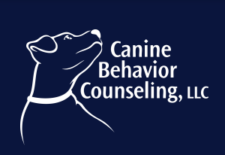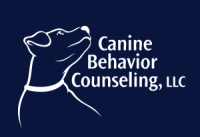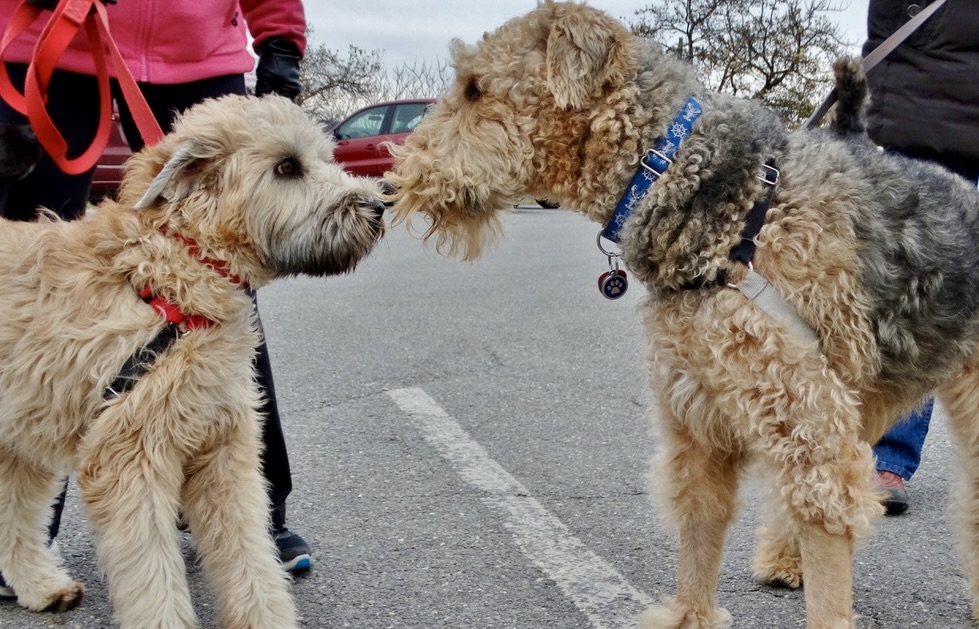The Socialization Myth
What if the very thing you’ve been told to do to help your dog—traditional dog-to-dog socialization—was actually making your dog defensive or reactive? Dog parks, daycare, and pack walks are often sold as the gold standard for raising a well-adjusted pup. But the reality is far more complicated, and, for many dogs, these experiences can make your dog worse.
I know, because I once believed in that same approach. Now, after years of working with dogs, I’ve learned that true socialization is not about exposing dogs to as many dogs as possible—it’s about helping each individual dog build social confidence in a way that’s safe, structured, and supportive. At the core of this process is a social, stable canine role model who can guide any dog through a positive social experience—the very foundation of my Let’s Talk Process!
Why Traditional Socialization Fails
Traditional settings like dog parks or group walks prioritize quantity over quality. Dogs are forced into large, unstructured groups where play styles, temperaments, and energy levels may clash.
Just like a sensitive pup can quickly become overwhelmed in group settings, the overly enthusiastic puppy—the one who barrels up to every dog with zero manners—faces a different risk. Imagine that puppy charging toward an older, less tolerant dog. One snap, one warning bite, and now that “confident” pup has his first real scar: an ear tear on day one of socialization.
What then? How do you “fix” this puppy now that his first impression of meeting dogs has been negative?
This is where the one-size-fits-all idea of socialization fails dog handlers. For the shy dog, forced exposure outside a dog park, only deepens fear. For the bold dog, harsh corrections from aroused dogs can create lasting anxiety or reactivity. In both cases, the “traditional” model creates more problems than it solves.
The Science of Flooding-Why More isn’t Better
Psychologist Dr. Joseph Wolpe described flooding as a behavioral technique in 1969, where an individual is exposed to their fear at full intensity with no gradual build-up. Instead of reducing fear, flooding often overwhelms the nervous system, reinforcing anxiety and defensive reactions. This type of therapy caused some humans to be hospitalized as a result.
For dogs, highly stimulating socialization settings mimic this flooding effect. A puppy rushed by five unfamiliar dogs at daycare isn’t learning “dogs are fun”—he’s learning “dogs are overwhelming.” The more these overwhelming experiences pile up, the more a dog’s brain wires stress to social interactions.
As a result of so many dogs being socialized in busy, high-volume day care facilities, qualified dog trainers are now seeing more reactive, frustrated, and anxious dogs than ever before. What was once thought to be a positive, “social” experience most often turns into chaos—where dogs learn to push boundaries, ignore subtle communication cues, and rely on over-arousal rather than thoughtful communication signals.
Trainers across the country are overwhelmed, not because dogs are becoming “bad,” but because they’re being set up to fail in environments that don’t honor how dogs actually learn to relate to one another. When socialization becomes a free-for-all, it stops being helpful—it becomes harmful.
We desperately need a new approach. One rooted in stability, structure, and genuine connection. A method that helps dogs feel safe and understood, not overstimulated and defensive. It’s time to move away from outdated “flooding-based” socialization and move toward mindful, guided interactions that build emotional balance instead of breaking it down.
This is exactly why my Let’s Talk Process avoids flooding. Instead, it focuses on giving our dogs safe exposure, clear communication, and building trust at the dog’s pace. Every dog is given a chance to have a conversation with another dog, and either make a positive connection or simply walk away.
What stress looks like
It’s easy to mistake overstimulation for excitement. But dogs under stress may offer these behaviors:
- Yawn excessively or lick their lips
- Avoid eye contact or try to move away or even hide
- Freeze, crouch, tuck tail or roll over submissively
- Bark, lunge, or snap as a last-resort defense
These aren’t signs of bad behavior—they’re communication. Your dog is saying, “I don’t feel safe”. My process of introducing dogs starts by teaching owners to “listen” to these signals, so their dog doesn’t have to escalate to shouting (barking or biting) to be heard.
What healthy relationships look like
True socialization isn’t about exposure at all costs—it’s about building trust and a connection through safe, positive, and controlled interactions with social stable dogs. This might mean:
- Parallel walks where dogs share space without direct pressure
- Pausing on walks to let your dog “watch” dogs pass from a distance
- Controlled leash greetings without contact with a calm, adult, tolerant dog
- Positive reinforcement for calm behavior around other dogs
- One-on-one playdates with carefully chosen dogs
Within my Let’s Talk Process, I help owners create individualized plans that honor their dog’s social needs. For some, it’s about building social confidence; for others, it’s about slowing down and learning polite communication skills. Either way, it’s about the quality of their experience, not the quantity.
Every dog has unique social skills
Every dog is an individual, with their own social comfort levels and needs. Just as we shouldn’t hand our shy child to a stranger and think, “she is fine,” we shouldn’t overwhelm our dogs in the name of socialization.
The good news is, it’s never too late to rebuild social confidence in our defensive dogs. With patience, structure, and the right approach, our dogs can learn that other dogs—will listen, be respectful and are safe to be near.
That’s why I created not one but two systems to give owners a roadmap for helping their dogs thrive without falling into the pitfalls of traditional socialization.
- The Moore Scale (the measurement or framework) to building canine compatibility
- The Let’s Talk Process (the actionable method/system) to building connections in our dogs
Want to Learn More? Join My Pre-Order Book List!
Yes! I am writing a book – A Groundbreaking Guide to Preventing and Healing Reactivity Through the Moore Scale and the Let’s Talk Process
This is your chance to join me, as I share how I raised my last four dogs and avoided reactivity—get your questions answered by an expert with over 20 years of experience.
If you’re ready to stop guessing and start guiding your dog with not one but two proven structured dog-to-dog Socialization Frameworks – Join my Pre-Order Book List Here!!


